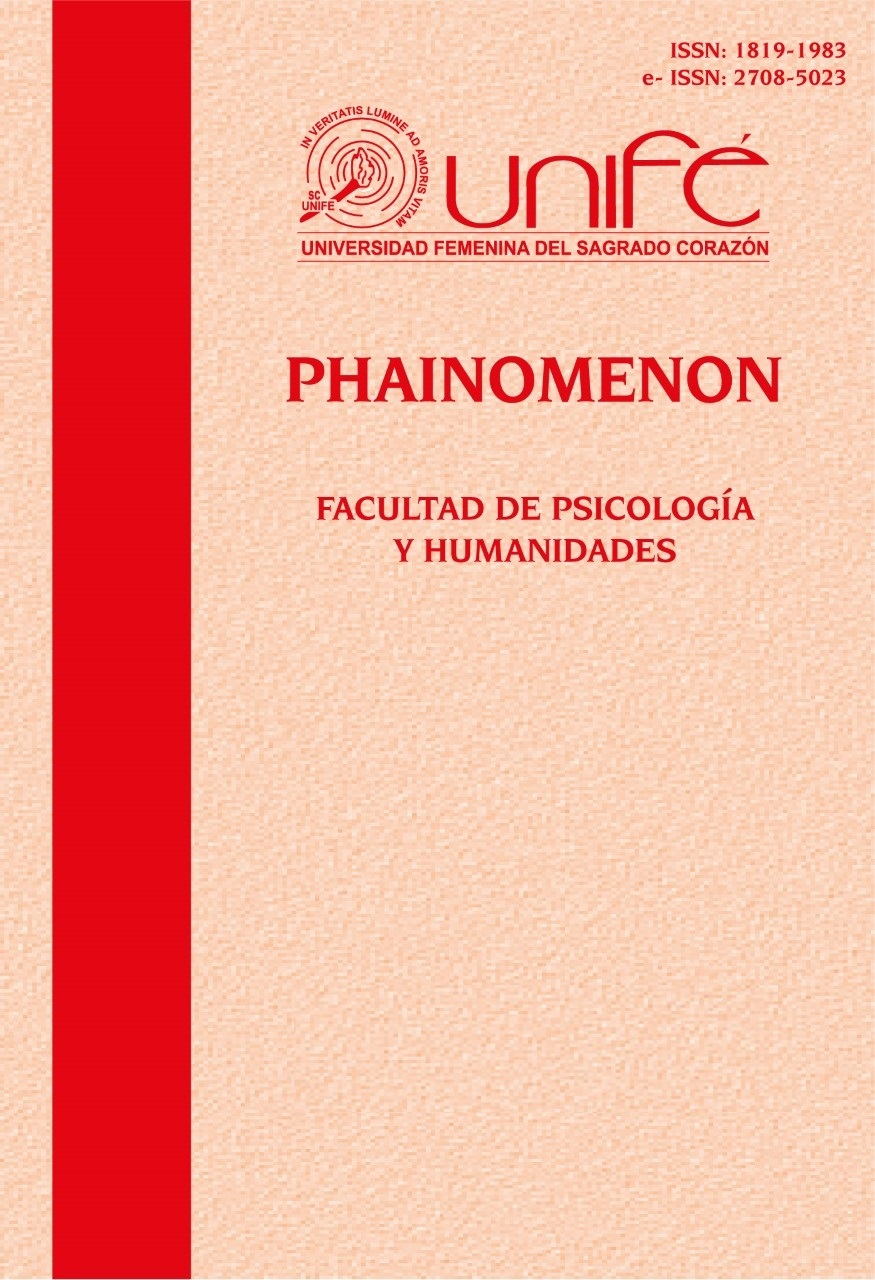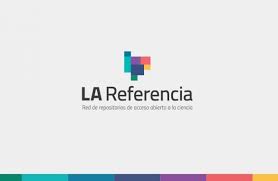El problema ético y axiológico en el primer Wittgenstein, según Augusto Salazar Bondy
DOI:
https://doi.org/10.33539/phai.v22i1.2772Palabras clave:
Mundo, Hechos, Lógica, Ética, TrascendentalResumen
El presente artículo pretende identificar el problema ético y axiológico en el primer ittgenstein. Dicho tema de investigación ya ha sido trabajado por Augusto Salazar Bondy en su libro Para una filosofía del valor (2010). Se iniciará describiendo algunos conceptos básicos del Tractatus logico-philosophicus. Por ejemplo, lo que es una cosa, un estado de cosa y un hecho. Además, del concepto del sentido de los hechos, la función de la lógica como principio de figuración y la trascendentalidad wittgensteniana. Para el autor del Tractatus, los hechos carecen de todo sentido que no sea el sentido de ser la disposición de las cosas entre sí. Por ello, cualquier otro sentido que se predique de los hechos, tiene que residir fuera del mundo. Ese otro sentido de los hechos son los enunciados éticos. Por otra parte, según Wittgenstein, la lógica es trascendental; puesto que no es posible identificarla dentro del mundo de los hechos. Pero la ética también lo es, porque mediante ella aseveramos juicios morales y estéticos. Estos enunciados no son proposiciones, puesto que no son ni verdaderos ni falsos. Sin embargo, dichos enunciados afectan al sujeto y al sentido de los hechos del mundo.
Descargas
Publicado
Cómo citar
Número
Sección
Licencia
Derechos de autor 2023 Trinidad Felipe, Mishell

Esta obra está bajo una licencia internacional Creative Commons Atribución 4.0.












